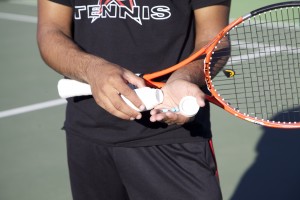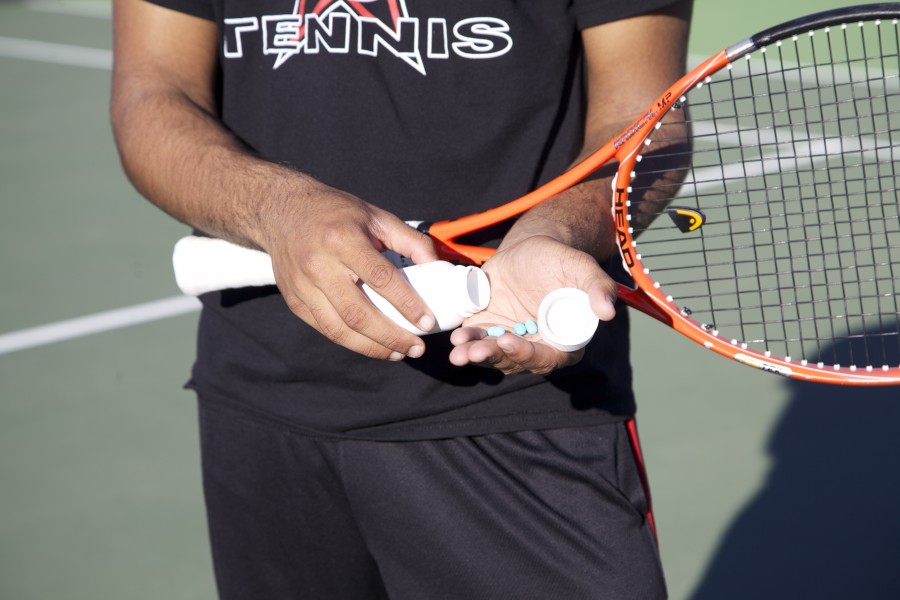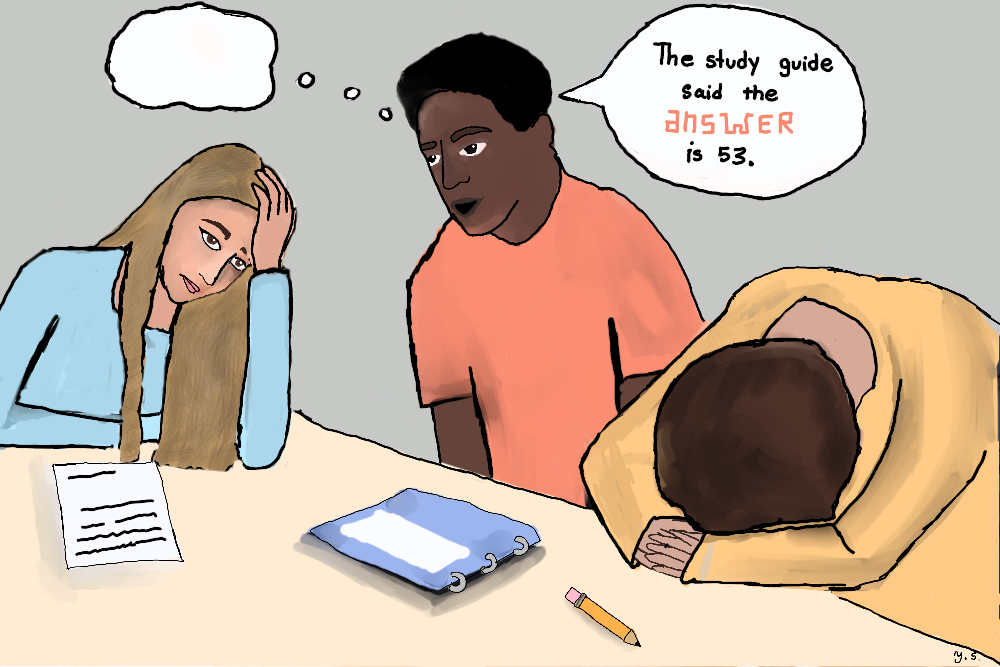By Nikki Dabney
Staff Writer

Lance Armstrong, once the symbol of physical perseverance and triumph, became the face of deceit when he confessed to doping while training for his seven Tour de France titles.
Not only did his confession tarnish his reputation, but it revealed the dishonest nature of the sport of cycling. Armstrong, and many other cyclists, believed doping wasn’t cheating; it was a way of leveling the playing field because “everyone was doing it.”
Some believe that taking drugs is only cheating in a technical sense. They feel we should legalize this practice so it isn’t cheating anymore because almost everyone is doing it anyway.
Consider this timeless question: “If all your friends jump off a bridge, would you?” Just because supposedly everyone is doing something doesn’t make it ethically right.
Allowing alternative enhancements would defeat the point of sports. It becomes not a competition of skill and hard work, but of whose body can tolerate more drugs. We might as well watch robots pedal up a hill, score a touchdown or make a hole-in-one.
Some argue that the point of not cheating is to not have an unfair advantage over others. I argue the point of not cheating is one word: integrity.
While cheating in the athletic arena is a common problem with professional and even student athletes, an even more popular form of cheating is academic dishonesty. An admittedly informal 2007 poll conducted by the popular website CollegeHumor revealed that 60.8% of 30,000 respondents confessed to cheating on their assignments and tests.
The same poll revealed that 16.5% of them didn’t regret it.
As technology advances, students invent new methods of cheating. Young people have a new shadow: their cellphone. It goes wherever they go and is every dishonest student’s best friend. Students take pictures of notes and tests and text-message friends for answers.
Even in subjects that do not involve black and white answers, such as English courses, students find a shortcut. There are databases for essays, such as Paper4Less, Cheathouse.com and Schoolsucks.com where students can find a paper for their nearly every need, and if not, they can pay for one.
SchoolSucks.com founder Kenneth Sahr as stating that his website receives around 8,000 hits a day.
Instructors teach timeless novels, so ideas are recycled. Writing a paper about the totalitarianism in 1984? There’s an available essay for that. The power of knowledge in Frankenstein? The impossibility of certainty in Hamlet? There’s a cheat for everything. Teachers are trying to educate youth about classic novels, writers and playwrights, such as Shakespeare and Ernest Hemingway, but in reality, generations are passing by without really understanding these concepts. They are doing what they feel they have to do to get by.
While methods of cheating continue to change, so do students’ definitions of cheating. Students rationalize cheating by telling themselves it’s only a completion grade, only a book report, only one class, only one time. Only.
The definition of cheating should not change with the importance of a task. Cheating is cheating. And it never happens only once.
Students argue that grades determine their future. If they don’t get good grades, they can’t get into college, and they won’t be able to have a nice job and will end up living in a van down by the river. They feel people care about what grade they get, not how they get it.
They do care how you get it; they just don’t know how you got it.
That brings up another point: students have no problem with cheating as long as they don’t get caught. That is evidence of distorted values. Teachers, employers, coaches and parents need to instill and promote integrity. Receiving a zero on a paper or getting kicked off a sports team doesn’t seem to do the trick.
The punishment system is ineffective. Students and athletes just learn how to beat the system. Students cheat when the teacher isn’t looking. Athletes stay clean on drug testing days. Defendants are innocent until proven guilty. It’s all about not being caught rather than the virtue of being honest.
Young people pick up cues from the adults around them, corrupting their values. Four-thousand U.S. and Canadian schools revealed half of all faculty members admitted to ignoring cheating at least once. Teachers need to follow through and use the same weapon students use to cheat against them: technology. For instance, Turnitin.com can help teachers compare students’ papers to all the available literature in its database and scan for plagiarism.
Adults should not tolerate cheating, and more importantly they should explain why it is intolerable.
Some students argue that they have to cheat because many assignments are graded on a curve. How they do depends on how everyone else does, so they feel that deciding not to cheat when others do will put them at a disadvantage. Other students decide to cheat in courses they feel will not benefit them in their future career. Everyone has a reason. There’s always an excuse. There’s always a circumstance. That is moral relativity.
People need to understand that cheating is wrong. Period. If they can rationalize cheating in one circumstance, they are more likely to rationalize it in another. They are basing their values about cheating on a situation instead of absolute truth.
With this mentality, cheating gets more severe. First you cheat on a math worksheet, then a term paper, then your college applications, then in your career, then on your taxes, then on your spouse, and then you end up looking back wondering why your life is in ruins.
This is what happened to Lance Armstrong. He felt that he could control and manipulate everything in his life, and he did. In fact, he said the only times he’s felt out of control were when he had cancer and during his interview with Oprah Winfrey.
One day, the truth will be revealed. Or, like Armstrong, your history of shortcuts and lies will weigh you down and you will confess. Cheating has more consequences than a zero or a stripped Tour de France title. Every action builds character and that character determines your destiny.









